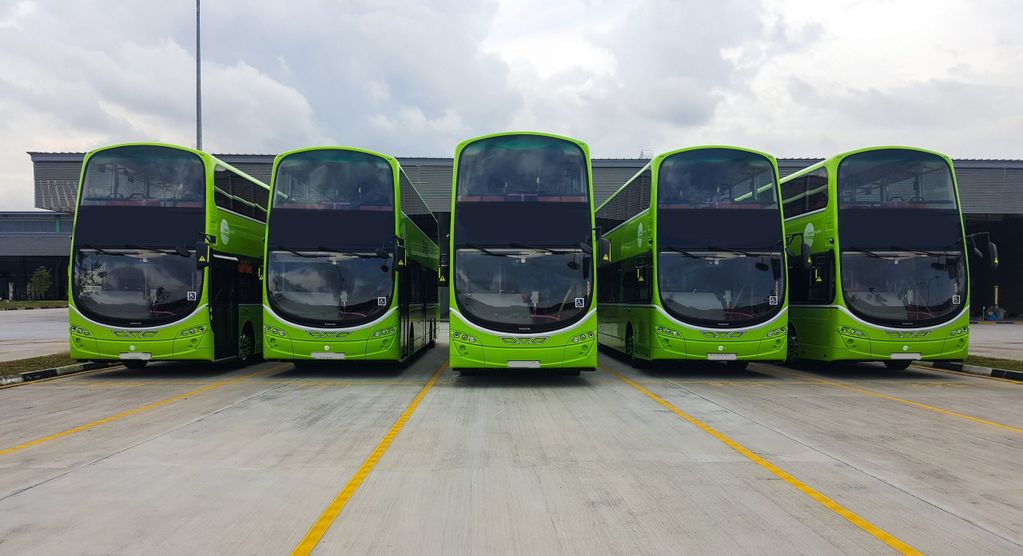
Distributed ledger technology in public transport: Use cases for blockchain
Digital technologies are currently remodelling the public transport ecosystem…
…and blockchain and distributed ledger technologies (DLT) are receiving attention from decision makers. With Blockchain and DLT, parties are able to enter into new direct relationships with each other based on a common set of rules and a high level of trust without any need of central management authority. This will give further value to data and reshape how users will access public transport. New possibilities of accessing, paying for and using public transport are set to appear.
But the potential for blockchain and its ability to transform the transport sector needs to be clearly assessed. The opportunity of an increasing number of decentralised applications running in peer-topeer networks needs to be understood by the various stakeholders involved in the process.
This Report gives direction on how blockchain contributes to influencing current processes which provide and manage public transport services. Not only are the opportunities and constraints outlined but further exemplified through use cases. A strong focus is placed on the potential of blockchain to facilitate seamless urban mobility through delivering future-oriented Mobility as a Service (MaaS) solutions.








